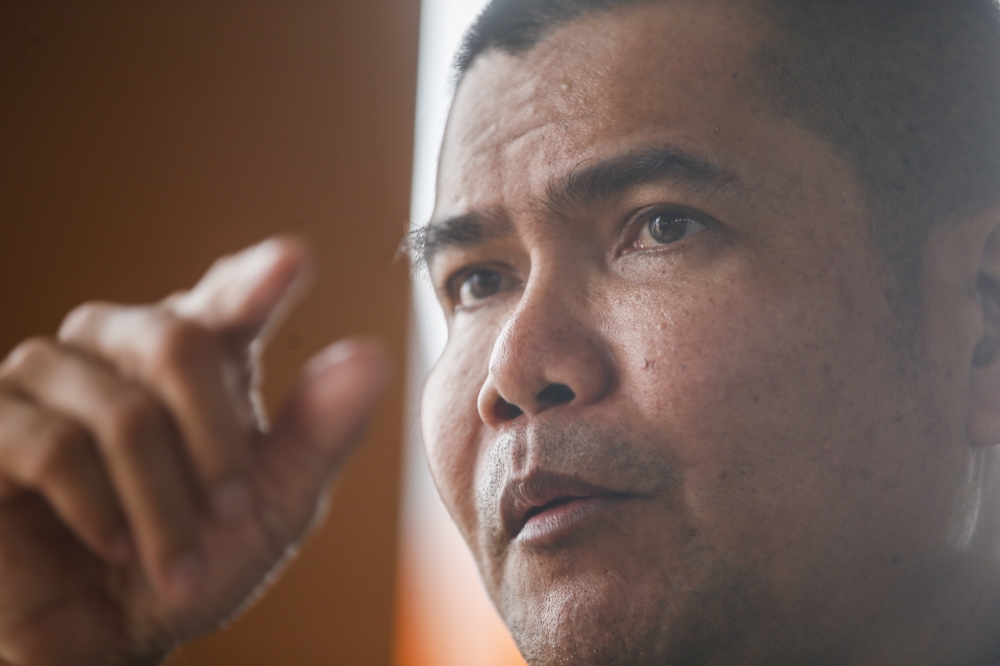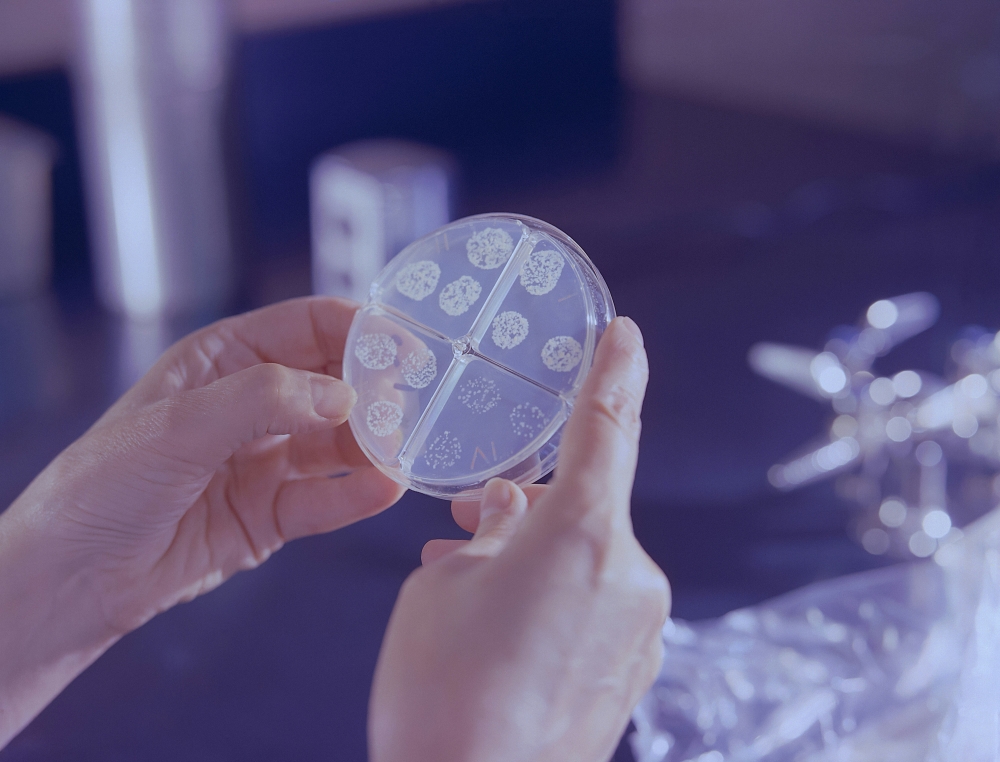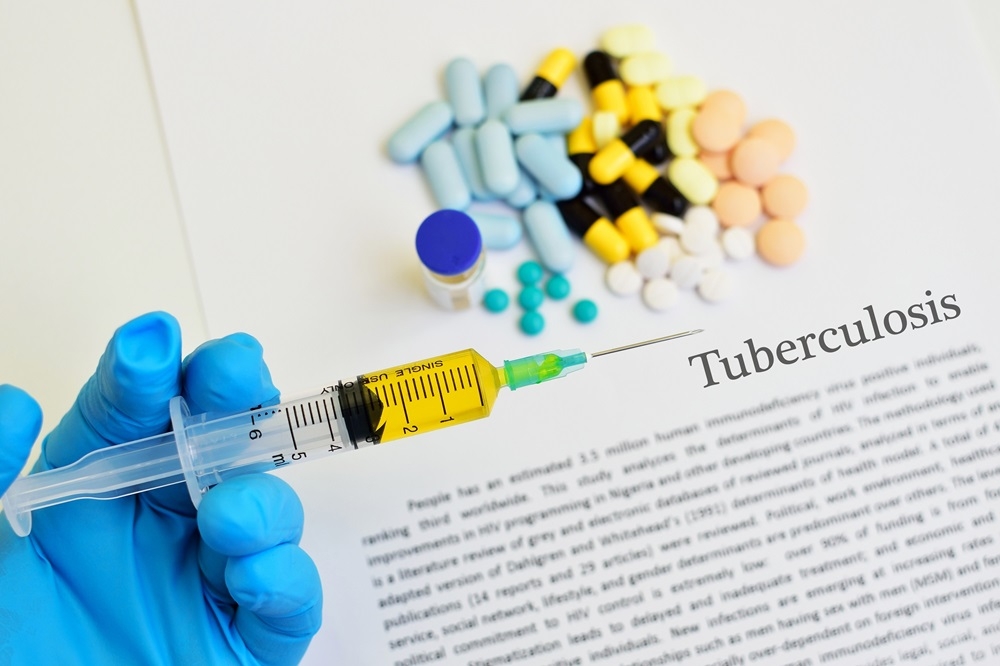OCTOBER 17 — Oral hygiene is a part of the larger domain of self-care in Activities of Daily Living domain and is significantly connected to overall health and wellbeing. Daily living activities are the focus of Occupational therapists, the health specialists who would assess, intervene the barriers hindering these performances in vulnerable populations such as disabled children and adult. Oral hygiene is often neglected or receive less attention than the other activities of daily, that occupational therapists would focus on for their intervention to enable functional independence in people living with disease. A research oversea on long term care for older people reported only 16 per cent (of 413 in-patients) who received oral hygiene care as the focus were targeted to other non-oral aspects. Nevertheless, even in the ‘normal’ or healthy (undiagnosed with any pathology) population, oral hygiene care should essentially be promoted too.
Definition of oral hygiene
Most people would generally refer oral hygiene to ‘tooth brushing’ or keeping the mouth hygienic/clean. A scientific definition of oral hygiene care which is defined as daily plaque removal habits through tooth brushing, flossing, and rinsing, or the use of other oral hygiene aids for the prevention of plaque-related diseases. This is important as it focuses on plaque prevention rather than the act of just brushing teeth as assumed by the general public. Thus what and why are plaque-related disease important?
Dental plaque, dental caries, and systemic condition — the link?
Dental plaque is the mass of bacteria or the yellow-whitish bacterial deposits or biofilm occurring on the teeth or on hard oral tissues. This initially sticky colourless deposit, often becomes pale yellow or brown when it forms calculous between teeth, behind, in-front of teeth, and along the gumline, is a key contributor in the development of dental caries. Many oral pathologies are plaque-related. The common ones are periodontal disease, dental caries, and peri-implantitis and dental caries.
- Periodontal disease or gum disease, is a set of inflammatory conditions affecting the tissues surrounding the teeth, leading to bad breath, red-swollen gums, bleeding gum, loose and sensitive teeth, receding gums and painful chewing — which ultimately cause tooth loss, and the bacteria responsible for periodontitis can enter the bloodstream through gum tissue and may affect heart, lungs and other body parts (causing systemic condition)
- Dental caries are small holes in your teeth. They begin as a demineralisation of the tooth surface due to acids produced by the bacteria. The inflammation of the tissue around the tooth which causes infection, abscess formation and tooth loss and usually with complaints of pain and difficulty with eating.
- Peri-implantitis is a pathological condition occurring in tissues around dental implants, characterised by inflammation in the peri-implant connective tissue and progressive loss of supporting bone.
In addition, emerging evidence suggests a direct link between the condition of the mouth, the condition of other systems in the body, and the transmission of infection throughout the body resulting in secondary systemic diseases such as cardiovascular disease, coronary heart disease, stroke, and bacterial pneumonia. Proper oral care becomes especially critical in long term patients, and in individuals who are immunocompromised, such as the elderly, and cancer survivors, etc. Furthermore, poor oral hygiene also contributes to tooth loss, which then leads to poor nutritional intake, and lose of weight, especially in elderly and children with disability.
Quality oral hygiene care is not only vital for patient health, but can also reduce hospital costs significantly. Therefore, given the connection between oral health and systemic health, oral hygiene must be given greater priority alongside other daily self-care activities to achieve holistic healthcare. This is in tandem with a prevention model of health which is cheaper than cure/treatment of oral cavities and pathologies. The US Department of Health emphasises daily oral hygiene to maintain oral health, which has direct benefits for all young and old, for the disabled, vulnerable, and also the healthy. Literacy on oral hygiene needs to be raised across every layer of society.
General recommendations for self-management of dental hygiene
Some general recommendations for good oral hygiene for everyone to self-manage into their daily routine of self-care include the following —
- Daily oral hygiene that includes manual removal of plaques (with commercial dental tools that can be purchased from pharmacies), removal of food in between and on teeth with a toothbrush and interdental cleaners to reduce the chance for tooth decay. Brushing your teeth twice a day, flossing them once a day can clean the food between your teeth and prevent the build-up of plaques.
- The use of toothpaste products containing fluoride or chlorhexidine is recommended to prevent tooth decay
- Maintaining healthy gums and oral mucosa via daily oral hygiene regimen is also critical
- Antibacterial mouth rinses can reduce bacteria that cause plague and gum disease
- Access to a dental practitioner for regularly scheduled routine care, help detect and diagnose any problems early and help avoid costly and painful procedures.
- Drinking a lot of water may also help rinse away harmful bacteria and food debris, and help fight cavities and gum disease.
Evidence-based oral care practices will prevent secondary systemic disease and increase the quality of patients’ lives. The interdisciplinary team between various healthcare professionals such as the Occupational therapists and dental hygienists/ practitioners are needed to help raise the standards of oral care in especially in long-term care facilities. Occupational therapy practitioners traditionally are responsible for the domain of self-care or -referred to as personal hygiene in healthcare settings and treat oral related conditions with a focus on aids and adaptations to overcome functional difficulties of feeding, eating, and swallowing in vulnerable groups.
In 2014, a high impact research led by Assoc Prof Dr Loh Siew Yim from the Faculty of Medicine, and conducted with Assoc Prof Dr Wey Mang Chek and team from the Faculty of Dentistry, University Malaya and with Dr Kadir Abu Bakar from Hospital Permai, Tampoi. The research was carried out on long-stay patients at the Tampoi Institution. We found that 543 long stay in-patients (with a mean illness duration of 18 years) had a mean decayed-missing-filled teeth index of 20.5. This figure was almost double the decayed-missing-filled teeth index among the general Malaysian population, which was at 11.7. Older patients and longer duration of illness were associated with a higher indices of decayed-missing-filled teeth. Of the 543 inmates, only 1 per cent (n=6) had healthy gums, Periodontal disease and decay were also greatest among those ages between 45-64 years old, coinciding with the onset of tooth loss. The study was funded by a high impact research fund from MOHE and was published in the Australia and New Zealand Journal of Psychiatry in 2015.
Malaysians! Brush, floss or be prepared for loss!
October is gazetted as Oral health month or as National Dental Hygiene Month in the USA and many other countries. Its celebrated for the entire month to educate, raise awareness, and promote healthy mouths all across the country. Brush and floss, or prepare for tooth loss!
* By Assoc Prof Dr Loh Siew Yim (PhD) and Dr Klarene Ow Kwai Lyn (BDS).
** This is the personal opinion of the writer or organisation and does not necessarily represent the views of Malay Mail.






















